SC slams Centre for not filing affidavit clarifying its stand on loan moratorium
Wed 26 Aug 2020, 13:23:10
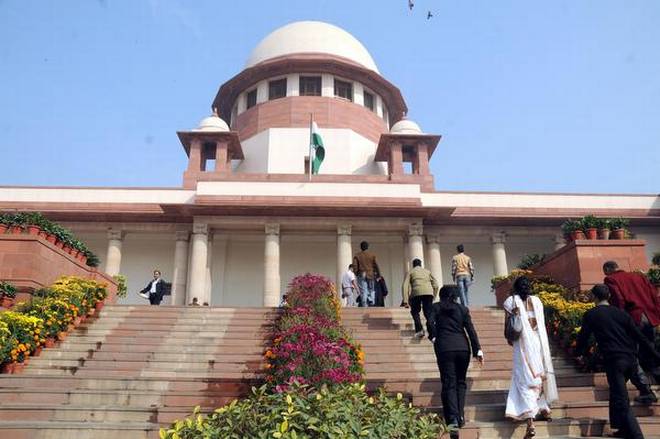
NEW DELHI: The Supreme Court on Wednesday lashed out at the Central government for not filing the affidavit in time with respect to the government’s decision on whether interest can be waived or, whether it can stop charging interest on interest accrued during moratorium period. The Centre had to clarify its position under the Disaster Management Act (DMA) and file an affidavit entailing its power.
While observing that the case has been hanging for a long time, Justice Ashok Bhushan heading the bench observed, “The problem was created by your (Centre) lockdown. It appears Union of India is hiding behind Reserve Bank of India (RBI) " He added, “It is not the time to look after business only, consider relief. This is not the time to consider business only. Plight of the people has to be considered."
The bench also comprising justices Sanjay Kishan Kaul and MR Shah observed that the Centre has sufficient powers under DMA to take a decision on whether it can direct the banks to stop charging interest on deferred EMIs and stop interest from accruing on interest for moratorium period.
Solicitor General Tushar Mehta argued that the government and RBI are working together in cooperation and it is unfair to say that the Centre is hiding.
The apex court directed the Centre to file its delayed affidavit in a weeks’ time and clarify its stand on loan moratorium repayment, which expires on 31 August.
The case will be next heard on 1 September.
The apex court on 17 June had also directed the Centre and RBI to review the moratorium scheme on term loans and
create tailored schemes for various sectors, including agriculture.
create tailored schemes for various sectors, including agriculture.
The central bank had on 22 May extended moratorium on term loans till 31 August amid the nationwide lockdown due to covid-19. In March, the central bank had allowed a three-month moratorium from paying EMIs and other loans on payment of all term loans due between 1 March and 31 May.
Petitioner Gajendra Sharma said, during the three-month period, the interest would continue to accrue during the moratorium, which ultimately the borrower would have to pay. The petitioner argued that no interest should be charged during the moratorium because people are facing “extreme hardship". The petition also stated that paying additional interest on top of regular EMIs would be difficult.
As per the 27 March RBI circular, banks and other financial institutions are permitted to provide a moratorium of three months for all term loan installments which are due for payment between 1 March and 31 May. Term loans will include all kinds of retail loans such as vehicle loan, home loan, and personal loan, agricultural term loans as well as crop loans. The central bank has clarified that credit card dues will also be eligible for the moratorium. The moratorium will be provided for both interest as well as principal repayment, which means the moratorium is on your entire EMI.
Moratorium basically means you don't have to pay your EMIs for that time period and no penal interest will be charged. It is not a concession of any kind and is simply a deferment of the payment to provide some relief to borrowers facing liquidity issues.
No Comments For This Post, Be first to write a Comment.
Most viewed from National
Most viewed from World
AIMIM News
Delhi Assembly polls: Owaisi leads Padyatra in Okhla
Feb 01, 2025
We reject this Waqf Amendment Bill: Asaduddin Owaisi
Jan 30, 2025
Latest Urdu News
Most Viewed
May 26, 2020
Which team will win the ICC Men's Champions Trophy 2025 held in Pakistan/Dubai?
Latest Videos View All
Like Us
Home
About Us
Advertise With Us
All Polls
Epaper Archives
Privacy Policy
Contact Us
Download Etemaad App
© 2025 Etemaad Daily News, All Rights Reserved.


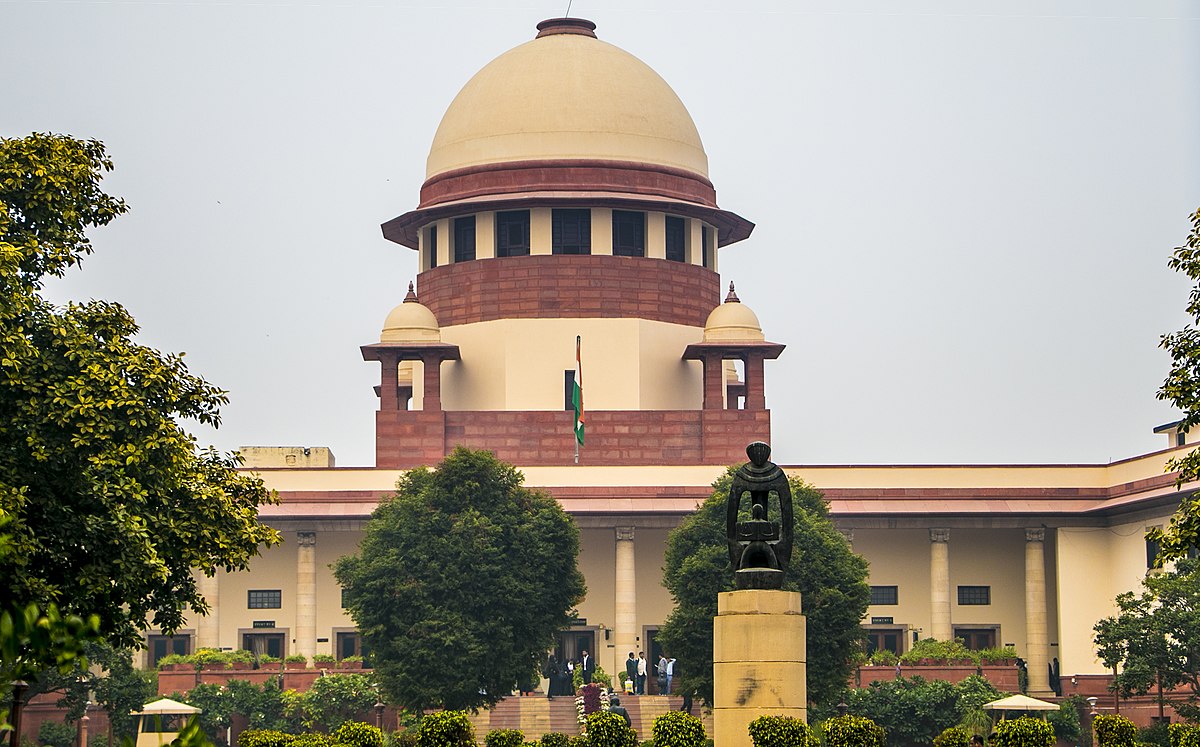
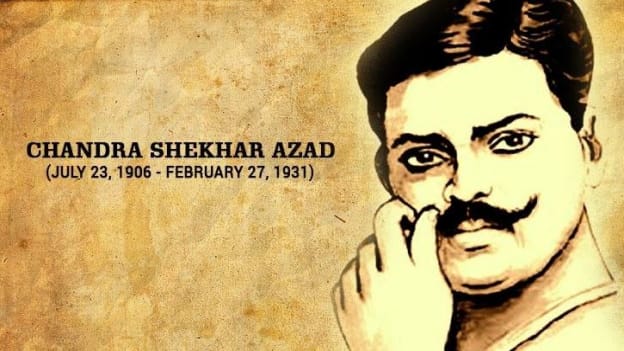

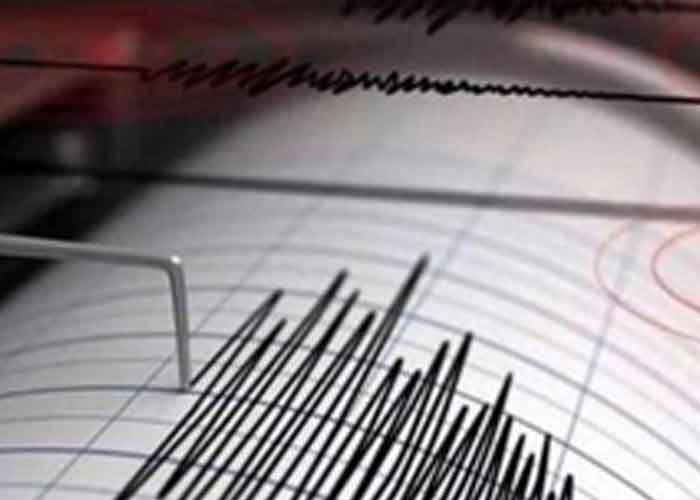
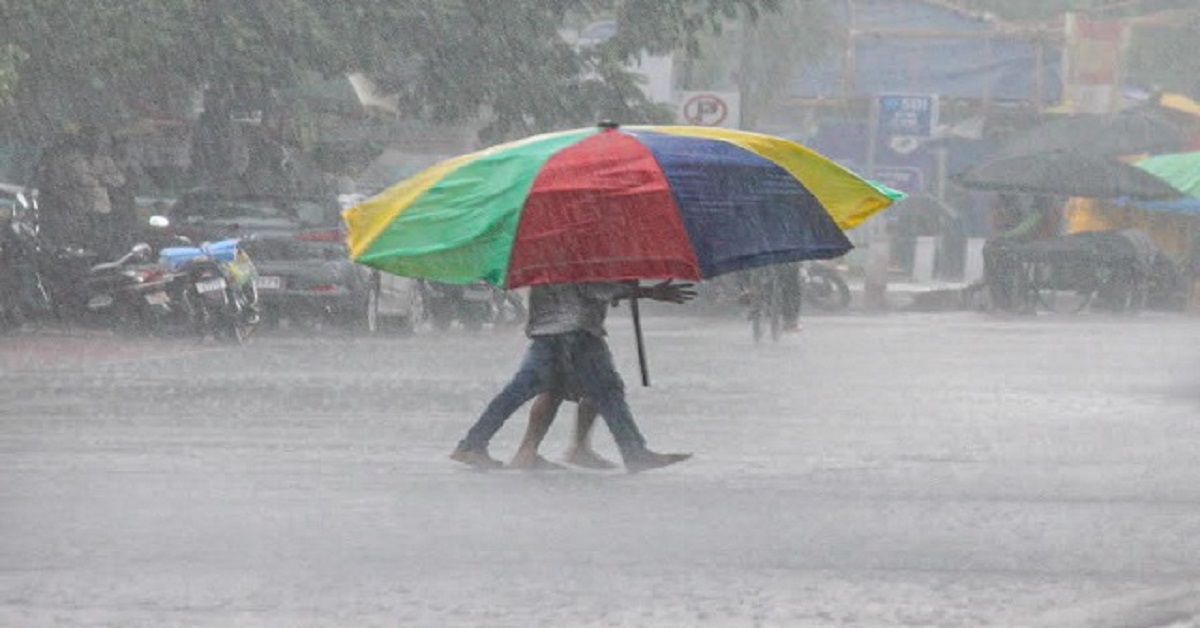
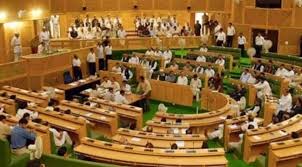
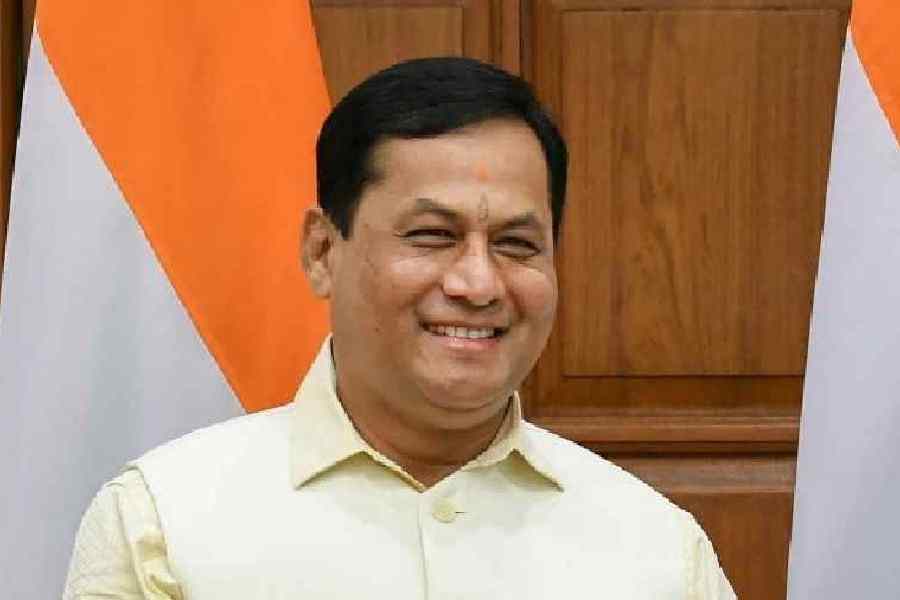
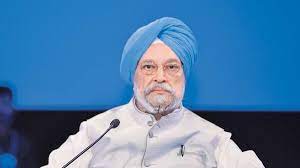
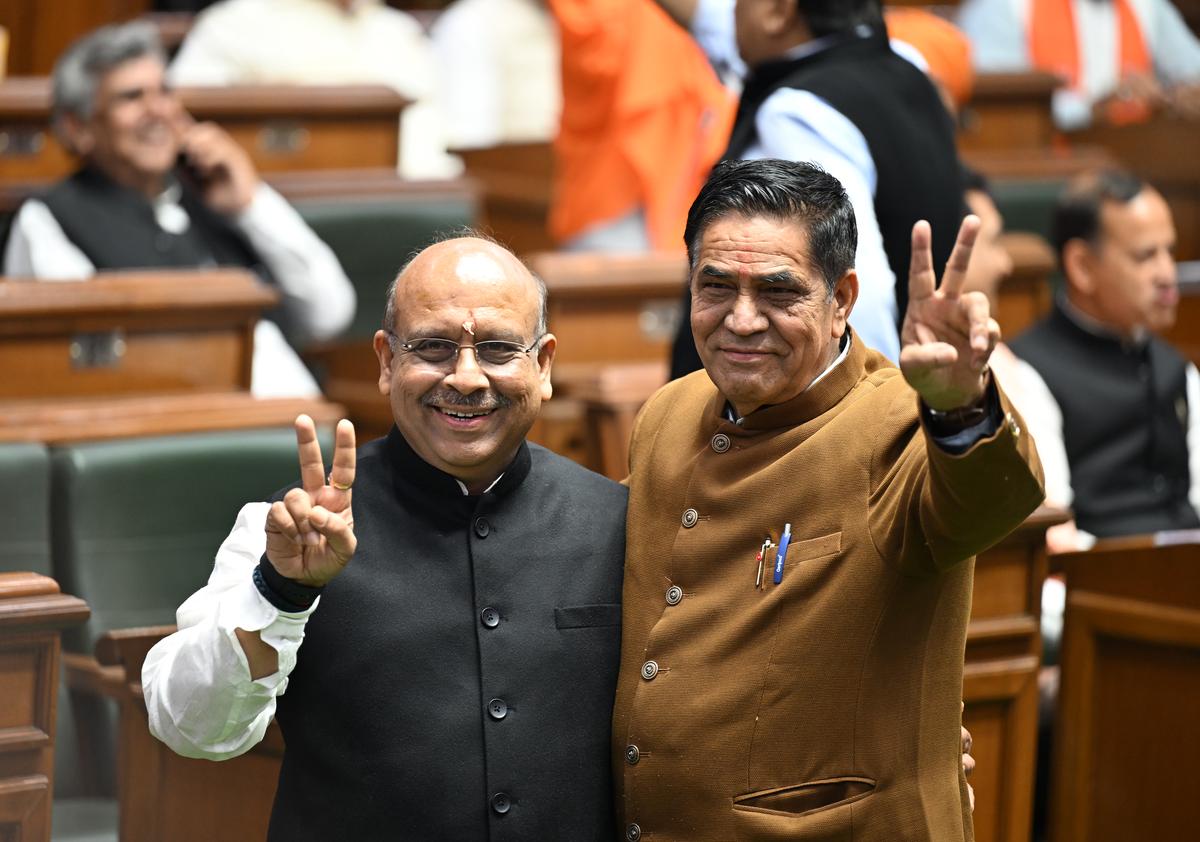


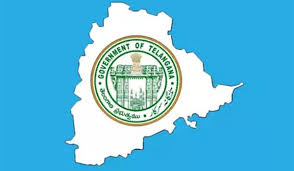






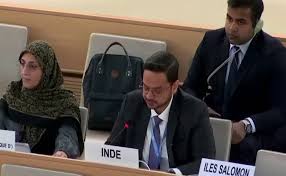

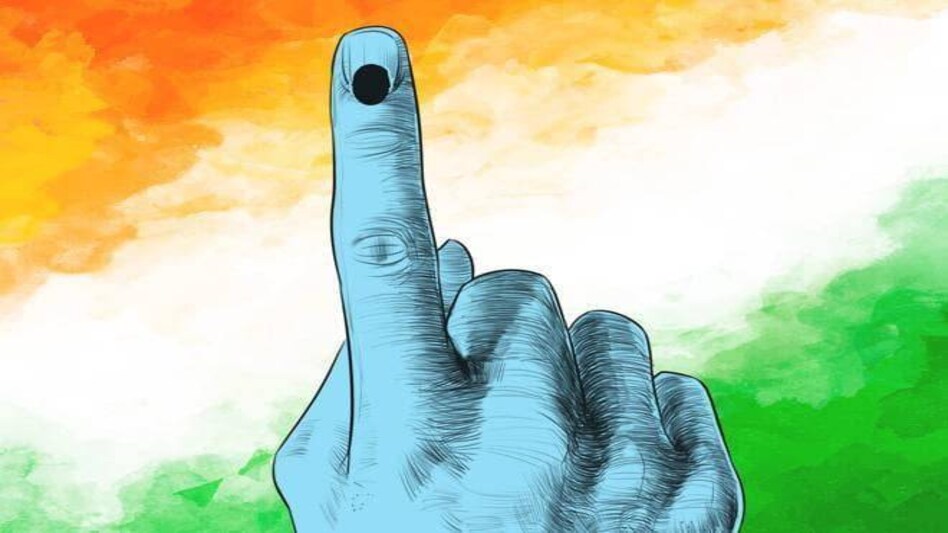
.jpg)


















